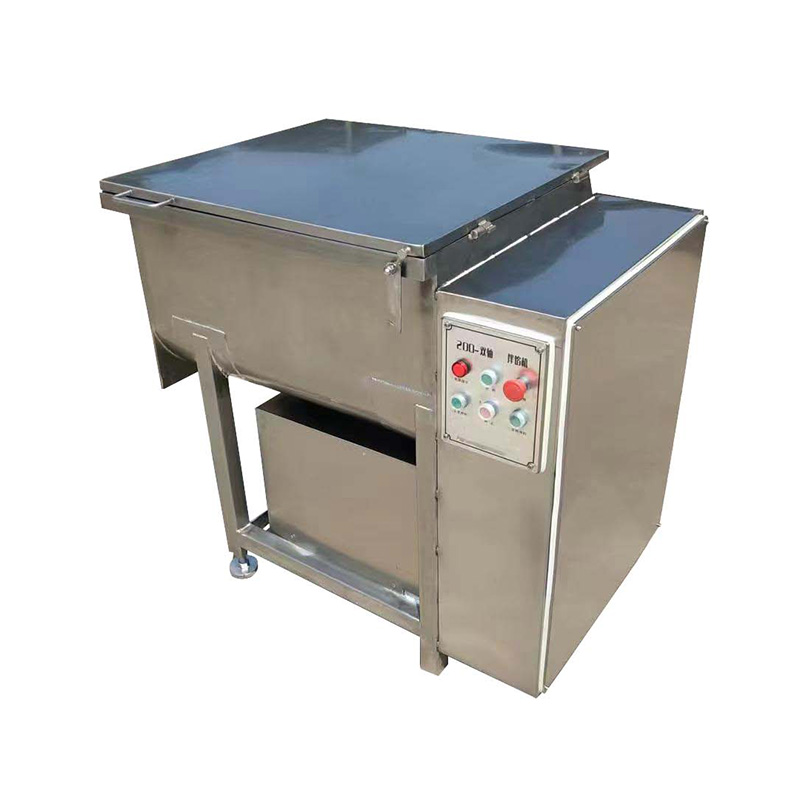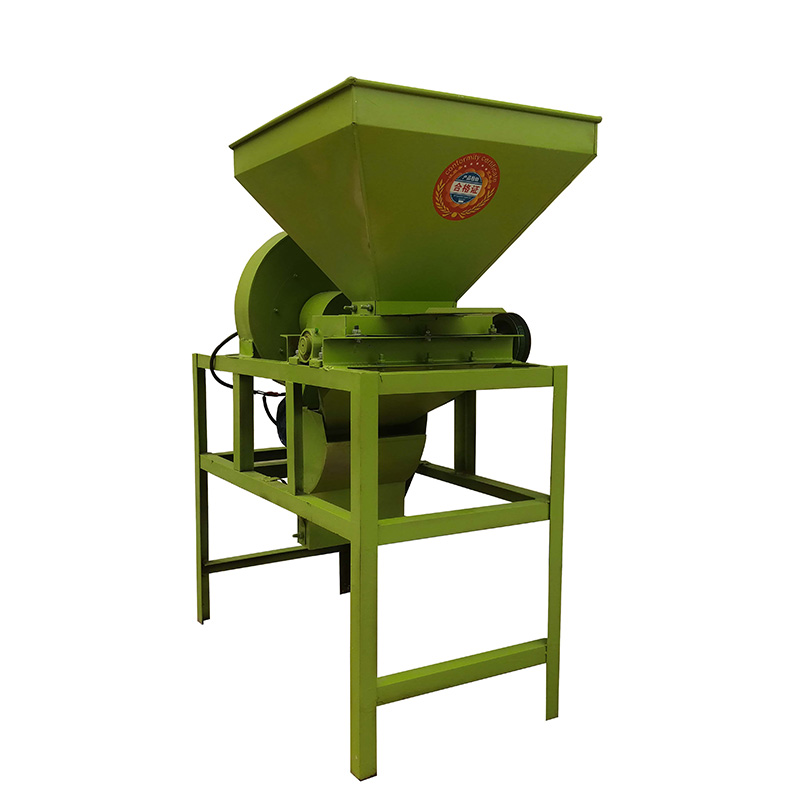These Universal Peanut Shellers were invented by Jock Brandis. They're now in 17 countries. Courtesy David Campbell hide caption
These Universal Peanut Shellers were invented by Jock Brandis. They're now in 17 countries. Vacuum Marinator

Be careful what kinds of promises you make. That's a warning you might get from Jock Brandis, whose life was changed after he promised some African women he'd help them find a better way to shell their peanut crop.
That promise turned Brandis into a social entrepreneur -- a man completely focused on developing better technology for poor farmers in the developing world.
Trying To Get Oil Out Of Peanuts
Some men's minds are drawn to puzzles. The puzzles that intrigue Brandis are deceptively simple: how to remove the shell from a peanut; how to get water from here to there; how to remove cocoa beans from the pod. Or, how to coax the oil from a bunch of peanuts using muscle power and some scraps of metal.
Brandis, who was born in Joost, the Netherlands, ponders this problem in his workshop in Wilmington, N.C., on a recent day. He leans over a workbench, and peers into the borehole of an old auger.
See the trailer for Peanuts, a documentary about Jock Brandis.
Brandis brainstorms with Nathan Hansen, a local high school student who comes by Brandis' workshop after school to tinker.
Last time Brandis was in Africa, he says, he noticed that farmers there buy peanut oil from abroad, even though they have a surplus of peanuts. So he and Hansen went hunting for cheap parts to make a peanut press.
"Nathan and I enjoyed the wonders of the great American scrap yard, and we found this perfect piece of steel, which fits this screw perfectly," Brandis says.
It may fit perfectly, but it's not doing the job. Instead of squeezing out the peanut oil, the gadget is turning out peanut mush.
"As your mentor," Brandis intones with mock seriousness, "I'm suggesting to you that you shut this down and we tear this apart." "Fail early, fail often" is one of his mottoes.
How To Make Something Out Of Nothing
At 64, Brandis is reveling in his second career. He has wispy blond hair, shuffles about his workshop with the disheveled air of an artist whose creations are never quite finished. His machines look like whimsical children's sculptures made from found objects -- oil drums and tires. They lie scattered about the ramshackle workshop that is home to the nonprofit Full Belly Project.
Brandis wasn't always a do-gooder. His first career was in the sometimes bloody world of B-movies.
He did lighting for the films you might have seen in college and can now find listed under cult classics, like the legendary Scanners, a thriller about a telekinetic psychopath. Brandis even got some bit parts. But to find him, you have to look closely -- within minutes, he's usually dead and out of the picture. The movies taught Brandis something important: how to make something out of nothing.
"You know, the director saying, 'All right, next Thursday, flying saucer flies into the Brooklyn Bridge, here's your budget.' And we say, 'OK.' And you just do it," he says.
That's what he did for a living, until he made that famous promise in 2001. That's when Brandis went to Mali, West Africa, on a lark. He'd decided to help a friend build a drinking water project. He noticed African women shelling thousands of peanuts by hand. It was slow, painful work that made their fingers bleed. Before he left the country, he made a promise that he was going to send them back a peanut sheller. But he ran into a problem. "When I came back to America to buy it, it didn't exist," he says.
Senegalese villagers use the peanut sheller. The invention allows them to shell hundreds of peanuts at once, instead of one by one by hand. Courtesy David Campbell hide caption
There were no small-scale peanut shellers. So Brandis used his can-do chutzpah to cook up a gizmo that is powering a quiet agricultural revolution in 17 countries.
All over the workshop, you can find versions of Brandis' most famous creation: the Universal Nut Sheller.
While assistant Hansen climbs onto a bicycle seat and pedals away, Brandis pours in handful after handful of peanuts. Shelled, unbruised peanuts rain down out of a chute. "And this machine can do a ton of peanuts a day quite easily," Brandis boasts.
He says that villagers with their own sheller go from subsistence farmers dependent on middlemen to independent business people.
They can shell as much as they need for market, and keep the rest fresh in their shells.
Rick Brandenburg, who teaches at North Carolina State University, says "the price can double if you can get them to the market at the right time. It allows them to market their crop when the price is right."
Brandenburg says he has seen the sheller raise the incomes and the quality of life of many villagers.
Water Pumps: A Sequel To The Sheller?
But Brandis does not give his gadgets away. He sells the sheller design for $28 apiece. That makes farmers investors in a minifactory. They get a set of instructions and concrete molds that allow them to build their own pumps, or shellers, or whatever. To make sure things work out, Brandis turns to local development people to supervise. He points to boxes containing the factors for two simple water pumps.
"This is going to be going out with the Smith family. They've joined the Peace Corps, and they're going to Niger. They're going to be using this technology," he says.
This is another important element of the Full Belly approach. The organization has no infrastructure overseas, so it doesn't have to waste money on security guards, or Land Rovers, or hotel rooms. It relies on development people already on the ground, with good relationships to the locals, to distribute Brandis' inventions.
Brandis hopes these simple water pumps will be a worthy sequel to his famous nut sheller. They allow farmers to hand-pump water over a couple of acres, so they can plant a variety of crops all year long.
Brandis opens a big garage door. Behind his workshop lies the graveyard of great ideas, inventions that never made it out the door. They are scattered in heaps, neglected but not forgotten. Some of them might live again, and find a use someday. "And then there's peanut threshers, some turbine windmills, some ... I'm not sure what," he gestures about as he remembers all the fun he had with each problem.

Stainless Steel Grinder There are so many problems that can be tackled with an oil drum and a few spare parts.